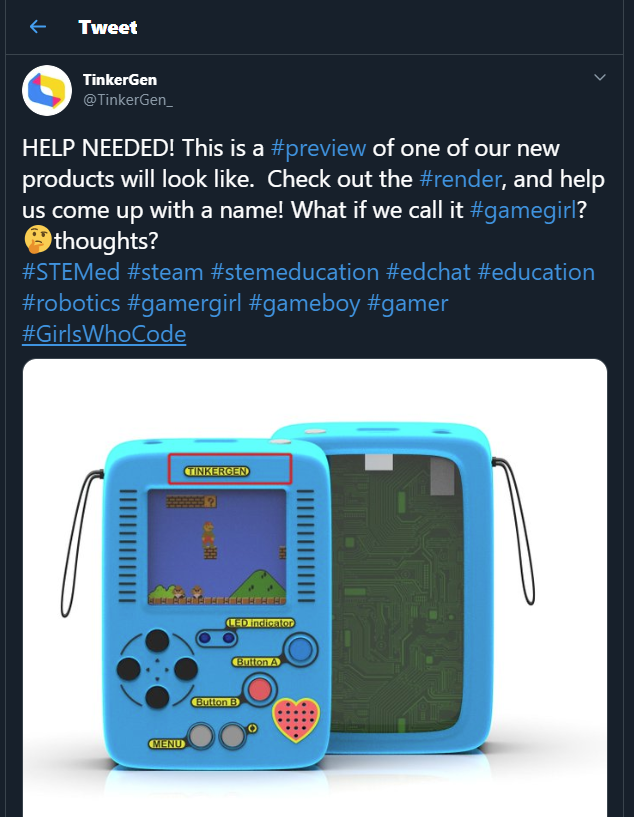GameGo, a Retro Gaming Platform
Nostalgia is a sentimentality for the past, typically for a period or place with happy personal associations.
From Wikipedia, the free encyclopedia
The first video game was created in October 1958 by Physicist William Higinbotham. It was now a famous Pong arcade game, which was imitating a simple game of tennis. Since then video games became more and more complex and entered the mainstream. The author of this article wasn’t born in the golden age of arcade video games and only started playing video games in the 1990-ies. I spent countless hours with a pair of game controllers and a bunch of friends playing titles like Mario, TNMT, Duck Tales, CONTRA, Chip&Dale and others.

Later my friend got 16-bit Sega Genesis and instead of frequenting my home for video gaming, we switched to his. And a couple of years later I have started with PC gaming. As video games became more complex, more effort went into their development. And now it requires a whole team of developers and lots of time to make a video game.
What if you want to start simpler? Or if you’re in STEM education and want to use video games as a way to introduce students to programming? TinkerGen STEM education is developing a Microsoft Makecode compatible retro gaming portable console, GameGo.

It is based on the STM32F401RET6 ARM Cortex M4 chip and fully supports Microsoft Makecode, both for block programming and JavaScript. Here are the product specifications:
- Product name TinkerGen GameGo
- Power supply method Built-in lithium battery or 5VMicro USB
- MCU STM32F401RET6 ARM Cortex M4
- Built-in power supply Rechargeable lithium battery (502535, 400mAh)
- Display 1.8 inches 160×128 color TFT screen

You can start by trying out some of readily available examples on https://arcade.makecode.com/ and then go on to develop your own creations. GameGo is made for STEM educators and makers, this is why it comes with 10 lesson online course to help users to learn the basics of making your own retro games. The course aims to guide students to understand and learn the software and hardware knowledge of game development starting with a simple game based on graphical programming, gradually deepening, and iterating continuously to make a relatively complex, multi-level and story-telling game project. The course provides a large number of game examples for students to understand the concepts and principles through improvement and optimization.
Early in development stages we were not sure what name to pick for the product. So we decided to let the people decide and ask people for their opinions on Twitter and Facebook.

We had quite a few people commenting suggestions and then as a joint decision by PM and course development team, a GameGo was picked. The happy winner will get a pre-release version of the product!
The expected release date for GameGo is May, the 20th of this year. We will be publishing some interesting project previews that you will be able to make with GameGo in upcoming weeks and some of the behind-the-scenes videos of GameGo design and development process. Stay tuned for updates!